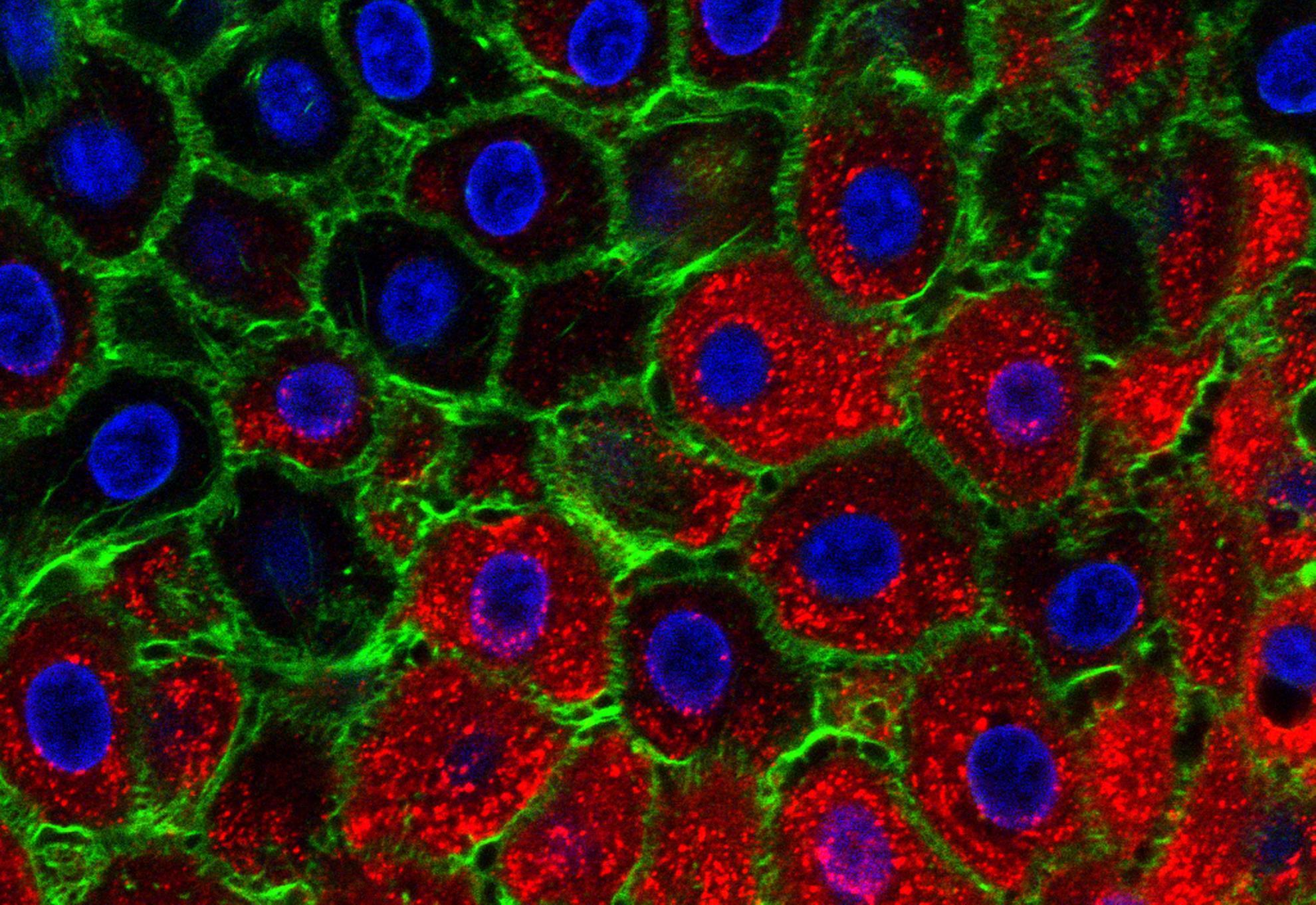Emergency vaccination of sheep against foot-and-mouth disease: significance and detection of subsequent sub-clinical infection
This study has quantified the level of foot-and-mouth disease virus (FMDV) replication and shedding in vaccinated sheep and correlated this to the severity of clinical signs, the induction of antibodies against FMDV non-structural proteins (NSPs) and the transmission of virus to in-contact vaccinated sentinel sheep. To mimic an emergency vaccination regime in the field, sheep were vaccinated with O1 Manisa vaccine and 4 or 10 days later were indirectly challenged with aerosols from O1 UKG FMDV infected pigs. Vaccinated and control unvaccinated sheep were monitored for a minimum of 39 days post-challenge. The vaccinated sheep became sub-clinically infected, with reduced virus replication and excretion compared to unvaccinated and clinically infected sheep. Seroconversion to NSP was weak and transient in sheep in which virus replication was of low level and short duration. Virus transmission from vaccinated sub-clinically infected sheep to introduced vaccinated sentinels was not sufficient to cause NSP seroconversion or significant virus shedding. 10% of 10 days and 20% of 4 days vaccinated sheep were virus carriers at greater than 28 days post-challenge compared to 37.5% in the unvaccinated and clinically infected sheep. These results suggest that the low levels of virus replication likely if an effective vaccine is administered at least 4 days prior to challenge exposure are unlikely to result in the spread of infection even under intensive management conditions. Although it may be difficult to detect this infection by serosurveillance, the significance of missing it is likely to be low and the main value of such testing will be to detect undisclosed clinical infection resulting from lack of observation or from exposure to virus before or very soon after vaccination or from vaccine failure due to maladministration or inappropriate strain selection.
Back to publications
